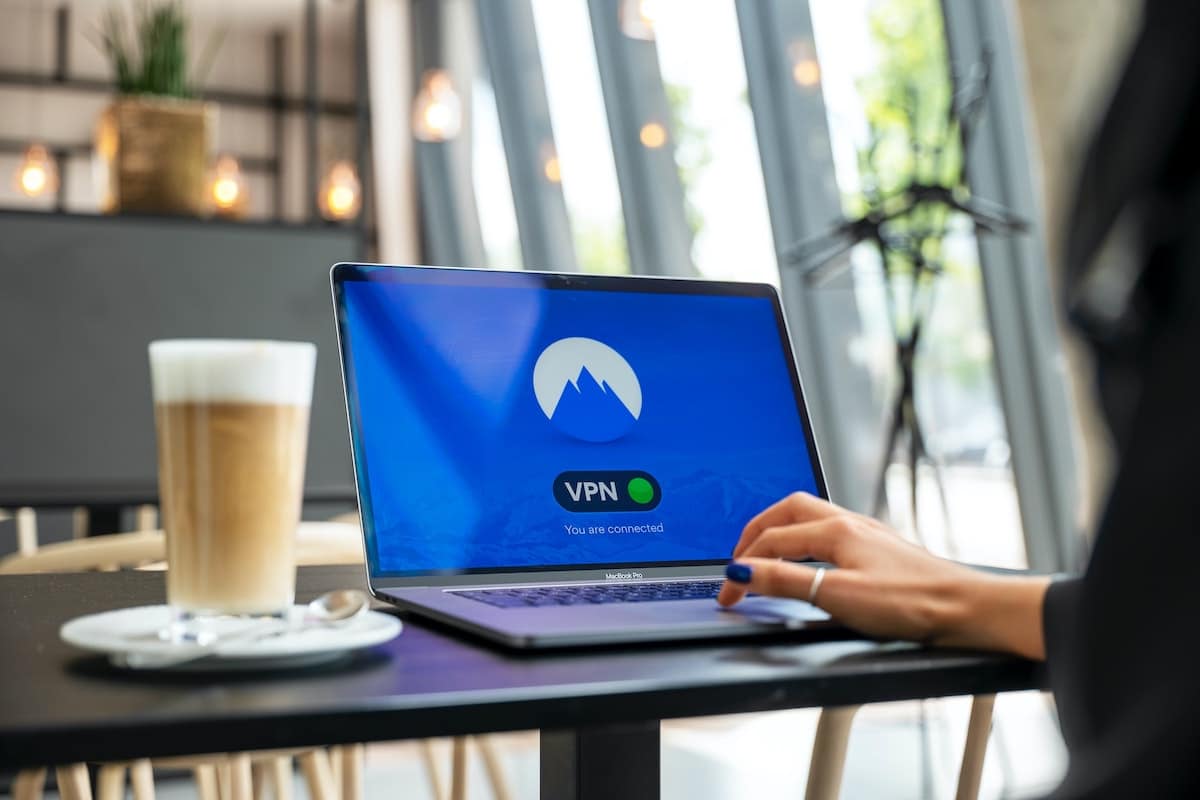Table of Contents
Since it provides up-to-date knowledge, entertainment, and connections in an instant, the Internet has become a need in today’s world. Are you aware that advertising or even hackers may find value in what you do online? Through 2021, the number of cyberattacks increased by 15.1% globally, and in 2022, businesses and individuals were still under threat from rising cyberattack volumes.
Millions of internet users are turning to Virtual Private Networks (VPNs) to enable them to access the Internet more securely to reduce the dangers. Read this article to get an understanding of how to use a free VPN to protect your data.
Why Can Browsing The Internet Be Dangerous For Your Data And Devices?
These are the risks you tend to face when you do not use a VPN while sailing the enormous sea of the Internet:
Man-In-The-Middle Attack
Attacks called “man-in-the-middle” include cybercriminals viewing, viewing your data, or even altering it while it’s being transmitted.
DDoS Attacks
In a DDoS attack, servers are overloaded, websites are crashed, and a network is flooded with traffic that is artificially inflated. In online gaming communities, they are occasionally used to remove competitors from a match by overwhelming their network and disconnecting them from the game.
Remote Hacking
Accessing your system using your IP address is one of the most time-honored and reliable hacking techniques. You are tracked by your IP address on almost all websites you visit. They will be able to access your IP address if one of those websites is compromised by a hacker. Simply employing that IP address is all required to get your details.
Spyware
There are several reasons someone could want to watch what you do online. Targeted advertising is one of them, along with data theft, for purely commercial gain. As a result, malware should be avoided because you never know how the sender plans to use the data gathered.
How To Protect Yourself On Your Devices?
Utilizing a VPN has several benefits beyond cybersecurity. They help prevent information from being accessed by nosy governments and private companies, they shield sensitive data from prying eyes, they can help get around firewalls and other barriers, and, to top it all off, they can increase speed, lessen privacy hassles, and they can enable users to access content that is restricted to specific regions around the world.
Use a reputable, trustworthy VPN. Your data is secured when you use a VPN to access the Internet. By virtually prohibiting data tracking by hackers, this encryption contributes to the protection of your privacy.
On public Wi-Fi, a VPN can help secure your privacy. Your data is not safeguarded when you use Wi-Fi at a café, eatery, or motel. Even when you connect to a public network, a VPN protects your privacy and keeps your data encrypted.
Find a VPN that lets you download on numerous devices to keep your personal information secure regardless of how you access the Internet. In this manner, you may safeguard your laptop, tablet, and phone under a single subscription.
Apart from using a VPN, you can take other steps too.
- Malware and computer viruses are pervasive. Antivirus software shields your computer from malware and other software that could endanger your operating system. By identifying real-time threats and preserving your data, antivirus software is crucial to safeguarding your machine.
- The key to preventing network invasions is to use strong passwords. It is more difficult for a hacker to access your system the more secure your passwords are.
- Install any new operating system updates immediately. Most updates come with security patches that stop hackers from accessing and using your data for their purposes. Apps are no different. Web browsers of today are getting more and more intelligent, especially in terms of privacy and security. In addition to applying all fresh updates, remember to check your browser’s security settings.
- To prevent computer hackers, passwords are the first line of defense, but adding another layer of security increases security. Many websites allow you to set two-factor authentication, which increases security by requiring you to enter a number code in addition to your password when signing in and sending it to your phone or email address.
How To Get And Use A Free VPN?
It’s simple to use a VPN. You should be able to get going with only a few steps.
- Pick a VPN first. It’s crucial to pick a reliable VPN service that is secure, dependable, quick, and easy to use.
- You must install this provider’s VPN app on your Android, iOS, Windows, Mac, Linux, or another device. To find the required software, go to your VPN provider’s website.
- Click or press the “Connect” or “On” switch in your VPN app/software to start a VPN connection.
Conclusion
A virtual private network is something to take into consideration if you want to increase your online security and privacy. Make sure to complete your homework before selecting a Virtual Private Network service because there are numerous variations accessible. And never forget to utilize a trusted VPN service to safeguard your identity and data.
Image Credit: Photo by Petter Lagson on Unsplash


